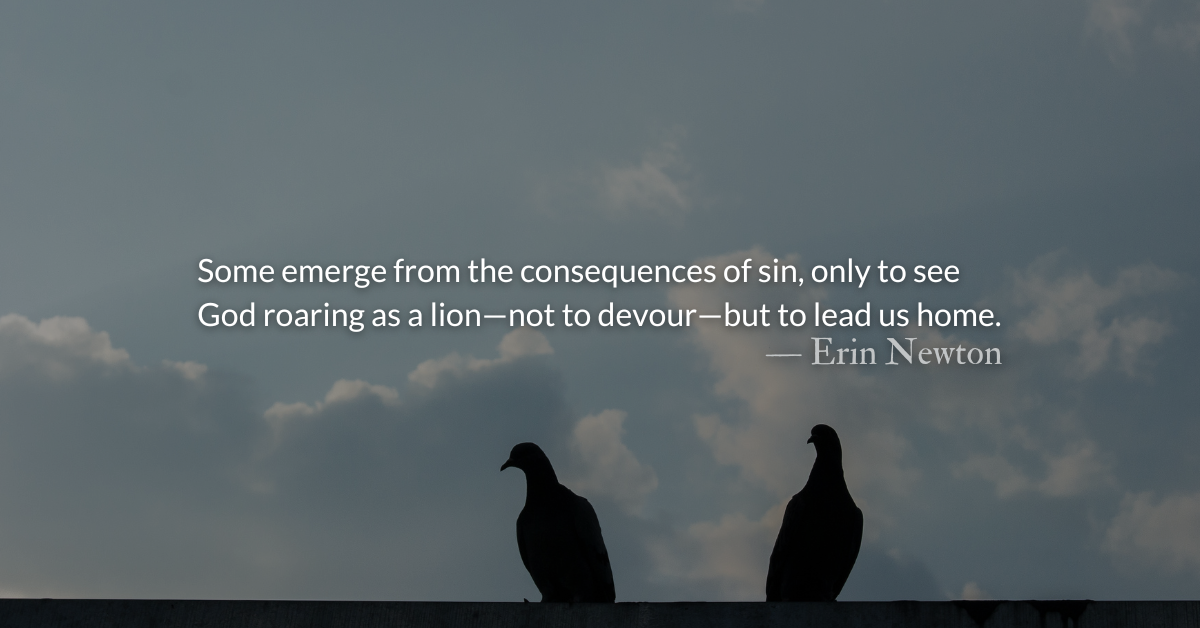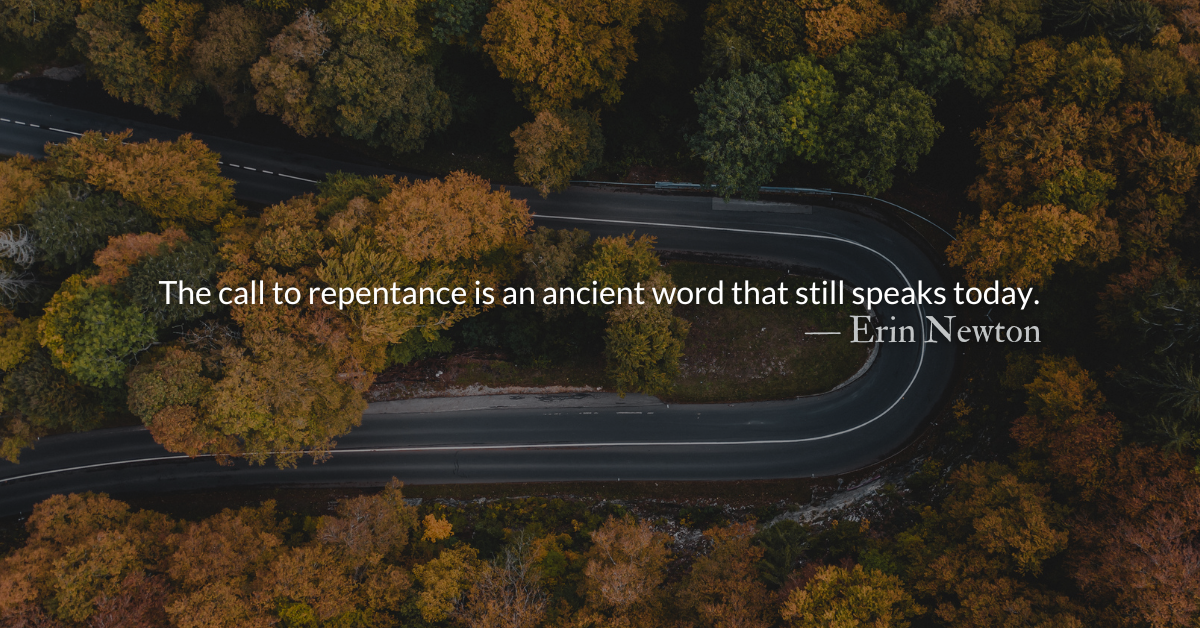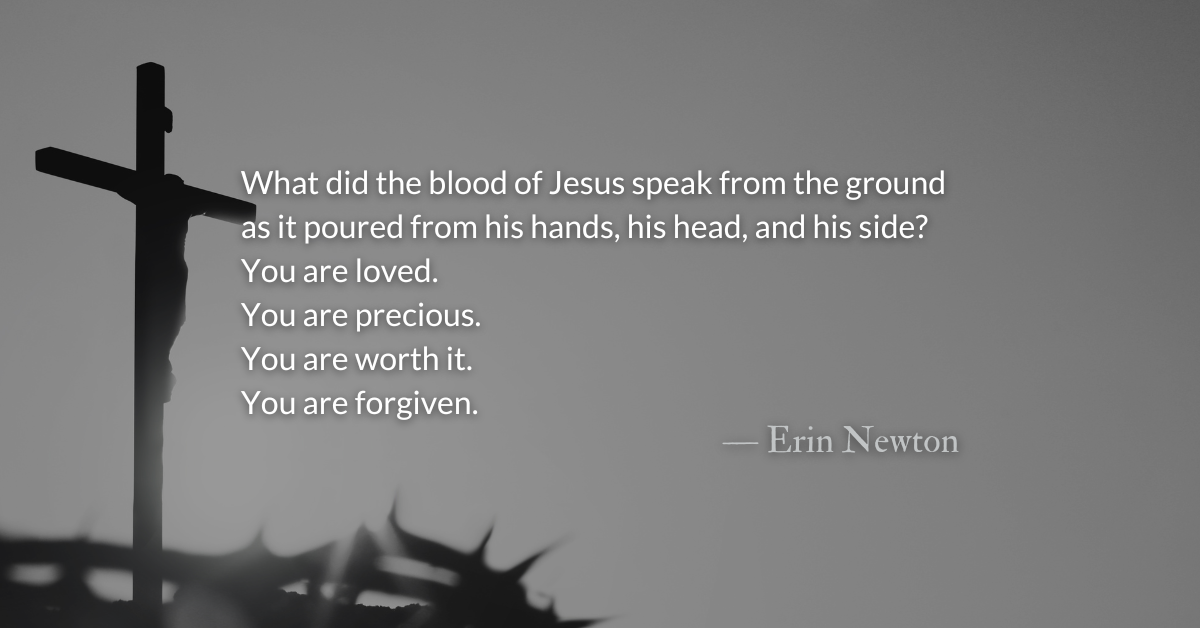Scripture Focus: Amos 8.2, 11
2 “What do you see, Amos?” he asked.
“A basket of ripe fruit,” I answered.
Then the Lord said to me, “The time is ripe for my people Israel; I will spare them no longer.
11 “The days are coming,” declares the Sovereign Lord,
“when I will send a famine through the land—
not a famine of food or a thirst for water,
but a famine of hearing the words of the Lord.
Reflection: The End for Summer Fruit
By Erin Newton
Summer approaches. The fruit has started to ripen. Nothing sounds more delightful than a basket of ripe fruit—ready to eat, refreshing and nourishing for the body. But the image in Amos is drastically upturned. As pleasing as the idea of fresh fruit sounds, God compares it to Israel—ready for judgment.
When God answers, he doesn’t say exactly, “the time is ripe.” The translators have done a good job here to try and reveal the play on words in the verse. The Hebrew word for “summer fruit” is pronounced qayits. And the “ripe time” that God says is the word for “the end”—pronounced qets. It would be similar to us saying, “I see the berries over there!” To which God responds, “I see the buried over there.”
There is no more time left on the vine for the fruit and no more time left for the people in the land. It is a dire situation and the turning of an image that should bring joy (fruit gathered for eating) to a scene of hopelessness (people gathered for judgment).
The image of food is recalled with the proclamation that a famine is coming. The basket of fruit will be taken away—but in this message, it’s not really food he’s talking about. It will be a famine of divine communication. A lack of prophecy. A silence over the people.
Starvation is one of the harshest sufferings. It is slow and debilitating. The body attempts to scream out in every way possible, “Feed me!” When wars break out, starvation becomes a key humanitarian crisis. Efforts to prevent it often reach across political or ethnic borders. Throughout history, it has been a threat.
A famine of God’s words is meant to strike equal fear into the hearts of his people. They have lived through droughts and short-term famines. They have felt their bellies ache for food and have seen their neighbors recklessly desperate to get something, anything, to eat.
Without food, we die. Without the word from God, we also die. Spiritual starvation is equally slow and painful.
We are not accustomed to valuing divine communication like we value nourishment. But here in Amos the two are set side-by-side. Jesus preached the same message, “Man shall not live on bread alone, but on every word that comes from the mouth of God.”
Are we serving ourselves a healthy portion of Scripture?
Divine Hours Prayer: The Refrain for the Morning Lessons
The Lord is near to those who call upon him, to all who call upon him faithfully. — Psalm 145.19
– From The Divine Hours: Prayers for Summertime by Phyllis Tickle.
Today’s Readings
Amos 8 (Listen 2:16)
Matthew 28 (Listen 2:39)
Read more about Better Things to be Doing
If we don’t value worshiping God, the punishment is a famine—not a famine of profit, or water, or food, but a famine of the Word of God.
Read more about God of the Weak and Doubtful
He accepts and encourages you today. You who doubt his presence with you. You who doubt that you are loveable










